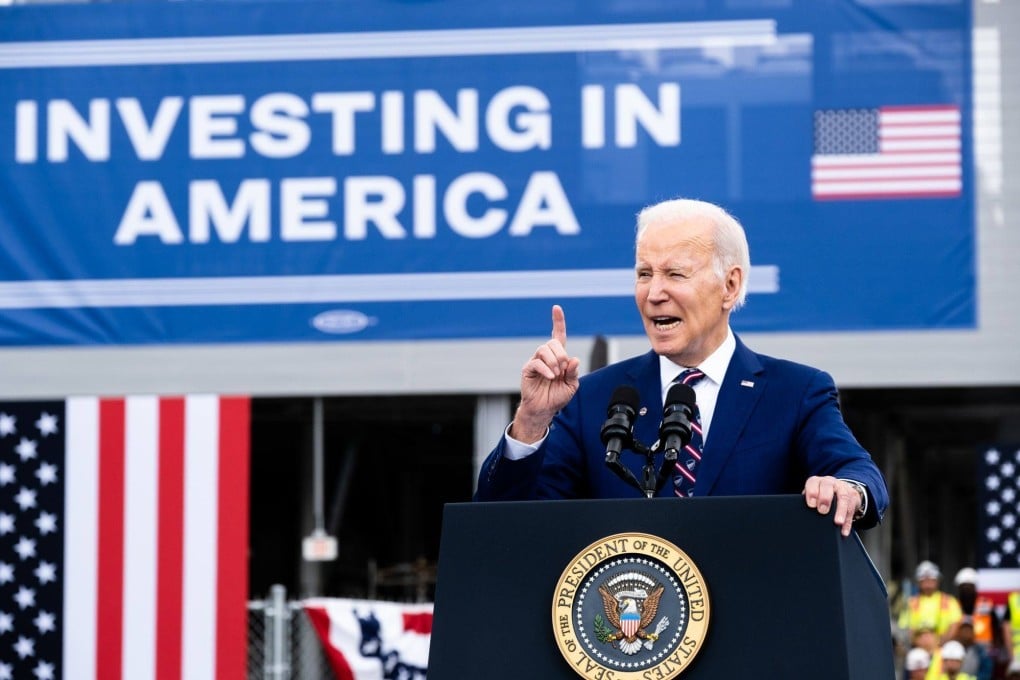Advertisement
Opinion | US ‘grand strategy’ of shutting out China seems to be working – but to what end?
- A decade ago, John Kerry suggested a polarised US learn from China and boost domestic investment. Instead, Washington chose to target Beijing and stifle its rise
- It may be working – but slowing Chinese growth will cost the US and the rest of the world
Reading Time:4 minutes
Why you can trust SCMP
60

When I was living in California in the 2000s, Americans noted that the Spring Festival was the only time when Chinese ports would close and indefatigable Chinese workers would take a prolonged break. Savvy online shoppers put in their Chinese orders well in advance.
That was soon after China joined the World Trade Organization. US-China trade boomed, and the impact on American life was immediate and visible. Shops overflowed with cheap Chinese imports. Americans filled their homes with staples from China. US inflation stayed low throughout the 2000s. Both countries benefited from open trade and investment.
The most popular Chinese in the United States was NBA player Yao Ming. The best-known Chinese artiste was Gong Li. China’s image was likened to that of the giant panda: lovable, non-threatening – and subservient to American needs.
In 2009, after the subprime mortgage crisis in the US caused the world economy to nosedive into recession, Time magazine chose the Chinese worker as a runner-up to “Person of the Year”, and paid tribute to hardworking Chinese workers for their contribution to speeding up the global economic recovery.
Just as frailty invites compassion, strength can breed suspicion, paranoia and an urge to nip any challenge in the bud. The rise of China seems vulnerable to the “Thucydides trap” – a term popularised by Harvard professor Graham Allison in reference to the inevitability of war between established Sparta and a rising Athens in the fifth century BC.
That war was mutually destructive; and despite analysts saying that the US and China are not unavoidably destined for war, Washington seems increasingly convinced that suppressing the rise of China is its top priority.
Advertisement
